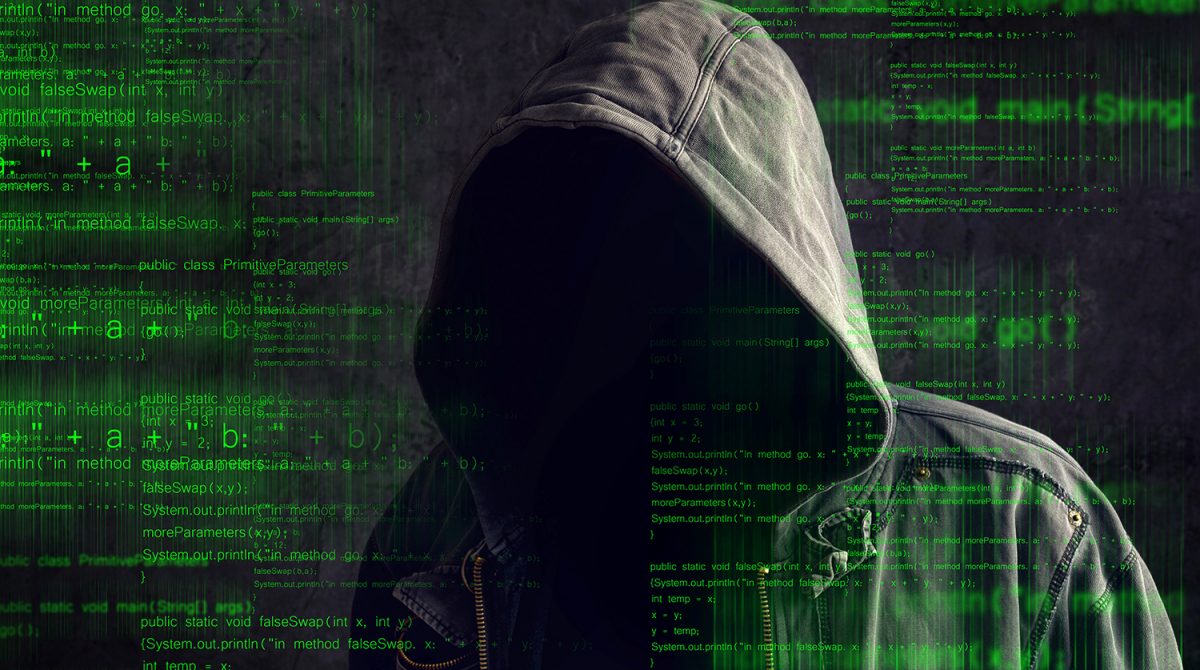A speech by Zimbabwe’s Attorney General Prince Machaya to the Law Society of Zimbabwe’s Winter School held in Victoria Falls on July 21
THE Cyber Crime and Cyber Security Bill is a product of the Information Technology Age. It is fitting, therefore, to remind ourselves briefly of the nature, benefits and challenges of this new era.
Information technology is now of such scope, depth and sophistication that it is having a determinant influence on all other technologies. It involves the designing and building of computers and information networks capable of performing, processing and storing the outcomes of billions of operations a second. Previously insurmountable problems of storing, processing, retrieving and using
information in a faithful, timely and speedy way are now within reach of solution as never before. The solution to these problems in turn accelerates technical, social and economic progress. And the promise of the new information technologies is vast indeed.
Because information is not a material resource like wood, iron, oil, or water, it is the only type of resource that humanity has not expended during its historical development but has, on the contrary, enlarged. Furthermore, the increase in the amount of scientific information (and by this one includes all types of natural science, technical knowledge and the human-centred sciences as well, including law) lays the basis for eliminating the wasteful use of material resources that has characterised human progress up till now.
If information is properly used in the interests of humanity, the possibility is open before us to restore certain types of resources that humankind has hitherto unwisely squandered. New energy sources are on the horizon that do not involve digging up and spoiling with waste products ever greater swaths of land. Sun and wind power may replace fossil and nuclear fuels by using more efficient solar panels and ever smarter wind turbines. Ways of exploiting and enhancing natural biodiversity will become available without diminishing that same biodiversity – and so on.
The Challenges of the New Age
Of course, such a momentous stride in human development does not come without its risks and challenges. Not the least of those risks and challenges are those pertaining to our human dignity and our freedom and identity as individuals. For instance, our Constitution enshrines the right to privacy. How do we give effect and meaning to that right when information about ourselves is potentially common property in the Global Information Age?
It is in this context that we find that the government has published the Cybercrime and Cybersecurity Bill 2017 which is still to go through Parliament.
A Cursory Consideration of the Bill
The preface or preamble to the Bill sets out what the purpose of the Bill is. What one can establish before going through the content of the Bill is that its purpose is –
(i) to provide for and to consolidate cyber-related offences with due regard to the Declaration of Rights under the Constitution and the public and national interest;
(ii) to establish a Cyber-Security Centre and to provide for its functions;
(iii) to provide for investigation and collection of evidence of cyber-crime;
(iv) to provide for the admissibility of electronic evidence for such offences;
(v) to create a technology-driven business environment; and
(vi) to encourage technological development and the lawful use of technology.
After setting out what the purpose of the Bill is in the preface or preamble, section 2 of the Bill then defines the “Objects” of the Bill in the following terms-
“… to curb cybercrime and increase cybersecurity in order to build confidence and trust in the secure use of information and communications technologies.”
The critical questions which arise are the extent to which the Bill actually achieves its stated purpose and objects. In order to enquire into this it is necessary to have some general understanding as to what the terms “cybersecurity” and “cybercrime” mean. The Bill itself is not helpful in this regard. It does not define what “cybersecurity” is, and limits itself to defining “cybercrime” as “any offence under this Act” (which is clearly of not much assistance to the uninitiated).
Literature published on this subject suggests that cybersecurity is ultimately about protecting government and corporate networks, seeking to make it difficult for hackers to find and exploit vulnerabilities. Cybercrime, on the other hand, tends to focus more on protecting individuals and families as they navigate online.
It goes without saying that the protection of infrastructure which runs a nation’s energy, transportation, communication, water and emergence services from unlawful intrusion is critical and essential not only to the nation’s economy but also to its security and defence.
These services are liable to be targeted and, by virtue of their interconnectedness and low security, shut down by hackers, terrorists, spies, criminals, or even disgruntled employees. The need for cybersecurity cannot, therefore, be underestimated.
This in itself is what invites greater government involvement, in the regulation of the internet. It is this government involvement which potentially impinges on the protection of individual rights as they are recognised both nationally and internationally.
It is within this context that I understand the topic under discussion here to mean as follows: To what extent does the Bill on Cybercrime and Cybersecurity seek to protect the integrity of the internet from risks of intrusion and unlawful use while at the same time balancing such protection with the need to uphold and protect the human rights of users of the internet.
At the end of the day it is the extent to which the Bill seeks to achieve this balance which will determine its constitutionality. The human rights involved include those of freedom of expression, freedom of speech, the right to privacy, freedom of opinion and freedom of association.
In conclusion, I wish to say that I’m not here concerned with the individual provisions of the Bill – that is a task for the policymakers and the stakeholders, including yourselves, to look into and improve where possible. My concern is principally that outlined in section 114 (4) of the Constitution, in particular: “to promote, protect and uphold the rule of law and to defend the public interest”.
To the extent that a forum such as this one will assist my Office and I to discharge this mandate, I am happy to participate and to listen to your suggestions.
I thank you all.















